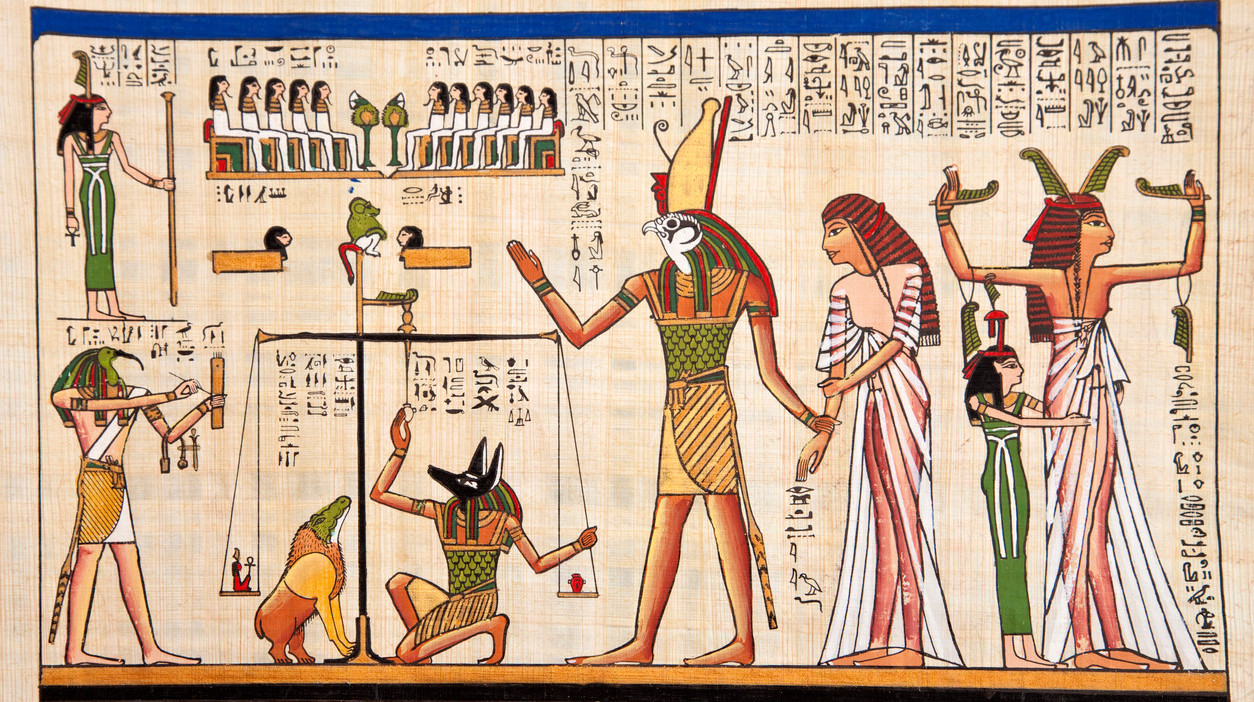Last Call: Pounding Beers With The Egyptians On This Fun Fact Friday
The past two Fun Fact Fridays went off the rails a little bit, so today things are going to be really smart and respectable over here! You'll even notice that I used a header image that's actually relevant to this week's smart and respectable topic, and didn't use any of my favorite stock photos that I keep in a special file. Like this one:

This week's fun fact is about the cuisine of the ancient Egyptians. The primary grain grown in Egypt was emmer (known today as farro), which is full of fiber, protein, and essential minerals, making it an extremely well balanced source of nutrition. It was made into the usual things—bread, porridge, ancient grain bowls—but the most important way that emmer was used was in brewing beer, or, as they called it, bousa. With only 2% alcohol, bousa was drank throughout the day by all Egyptians, regardless of class. For the affluent, it was a safer alternative to water which could easily be contaminated. For slaves and the lower classes, it was essential for it's nutrients. It was common for laborers to be compensated with bousa rations—those who built the Great Pyramids at Giza were paid four to five liters a day.
To brew bousa, the lower classes first made a bread using far more yeast than in their normal dough recipes, and baked them a low temperature that wouldn't kill off the yeast's cultures. Brewers would them crumble the bread into vats of water and let it naturally ferment for a few days. It was an acquired taste, but it got the job done.
Want to know more about bousa? Ask Kate, our resident beer queen. I've only got so much fun fact magic to gift this week.

